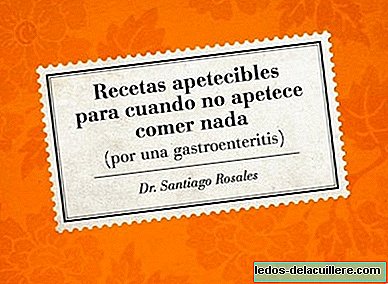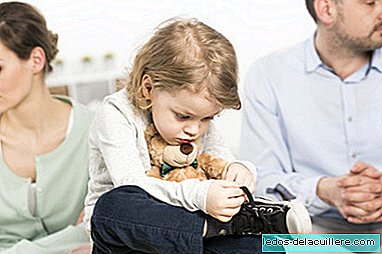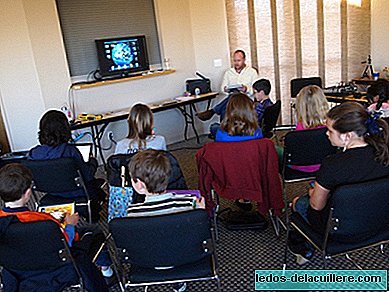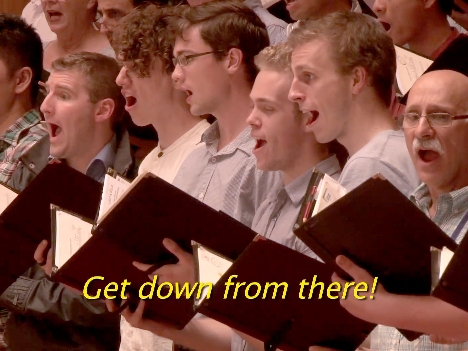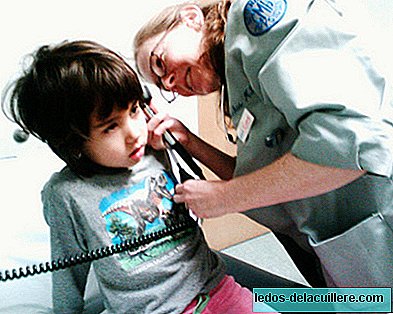
The Spanish Association of Pediatrics (AEPED) has promoted a survey to know how pediatricians perceive the savings measures adopted by the Government.
'The crisis, children and pediatricians' has allowed the participation of more than 1000 professionals (Primary and Hospital Care) through an open 'online' survey.
The survey was conducted during the months of July to September of this year and has left us data like this: '70% of pediatricians considers that the saving measures carried out in health centers are harming the health of their patients. '
Professor Antonio Nieto (Vice President of the AEPED) states that the survey has confirmed the perception of the negative impact of the crisis on the health of children and has also allowed to determine which are the areas that are being most affected
Direct consequences of cuts and job dissatisfaction
54% of respondents consider that a increase in the last three years of the waiting lists of chronic patients, both in hospitals and in referral centers and, in parallel, for 48%, there has also been a greater saturation of the consultations, a situation that has been observed in the last three years.
Pediatric professionals have not only expressed their vision about 'to what extent the crisis is affecting pediatric care'. They also declare their dissatisfaction (two out of three respondents), motivated by working conditions.
The burnout syndrome of Pediatrics is having a certain impact on the quality of care. Thus, 38% of those who appear discouraged or dissatisfied with their working conditions think that this is affecting the quality of it.
Despite this perception the number of complaints and claims in the workplace seems to have remained stable in the last three years, according to 62% of pediatricians. Probably due to the effort that professionals are carrying out to maintain a good quality of care, both in Primary Care and in the hospital setting, which has allowed a smaller than expected increase in the number of user complaints ”.
And if the cuts are influencing children's health, the crisis itself and the decrease in income in families are also affecting the health of the little ones. 55% of pediatricians perceive that there is an impact on the health of children and almost one in four describes it as "significant"
Diseases that may occur as indirect consequences
84% of professionals find a increase in mental health problems arising from the crisis, such as anxiety, depression or addiction, in families, which has an effect on children's health.
On the other hand, for more than half of the respondents, the food advice, associated with healthy lifestyle habits, is currently followed less. And this is worrisome considering that Spain is one of the European countries with a higher rate of obesity and overweight although, paradoxically, we now have a growing rate of malnourished children.
The crisis has also caused (as we know) that the de-financing of certain medicines has an impact on the follow-up of different treatments. And the decrease in the administration of vaccines financed by the National Health System is no less worrying.
Nothing hopeful forecasts
According to Professor Nieto 'the scenario that describes this survey will get even worse in the coming months', since it was carried out in the months of July to September before the last measures adopted by the central government and the autonomous communities. Predictably, we will attend a rebound in preventable infectious diseases and short and long-term nutritional deficiencies, among others. consequences. And the savings that are intended may soon become a greater social and medical cost. ”
Therefore, the Spanish Association of Pediatrics insists on the need to continue guaranteeing quality pediatric care that was being provided, 'investing in research, strengthening the programs of the healthy child or guaranteeing the pediatrician's attention, among other measures'


